(TheBRHM.com) Speed metal is a subgenre of metal that I’d place between old school, more traditional heavy metal and just before power metal and thrash. It always existed alongside heavy metal as it wasn’t unusual for bands to kick up the speed a bit. A band I really enjoy—Riot—started out as a hard rock band but had a few tunes such as “Warrior”, “Overdrive”, and “Road Racin’” were speed metal tunes while they still played hard rock.
Speed Metal is Hard to Define
I’m not someone with technical musical knowledge. I just know what tempos I enjoy and how aggressive or chill I prefer my metal. Speed metal typically falls square in that “Love It” box. However, it’s kind of hard to define. Again, it existed while heavy metal was being formed. It went from the band just upping the tempo and the drums really riding to being a subgenre.
Mind you, it took bands feeling “Hey, this should just be our focus. Speed should be important” and making that their sound. You had a classic band such as Motorhead which had some speed metal bangers mixed in with more bluesy heavy metal then you had Raven and Venom who made speed their focus.
It’s interesting because even in modern metal with more and more speed metal bands coming along, you can see this being a consideration for a band’s sound. We’ll get into modern speed metal later but what I dig is that a lot of it has this dirty metal sound and approach. You’ll get lyrics about metal/rock, women, drinking, drugs, fighting, and so on—Motorhead staples. However, these newer bands embody the fastest, dirtiest parts of Motorhead.
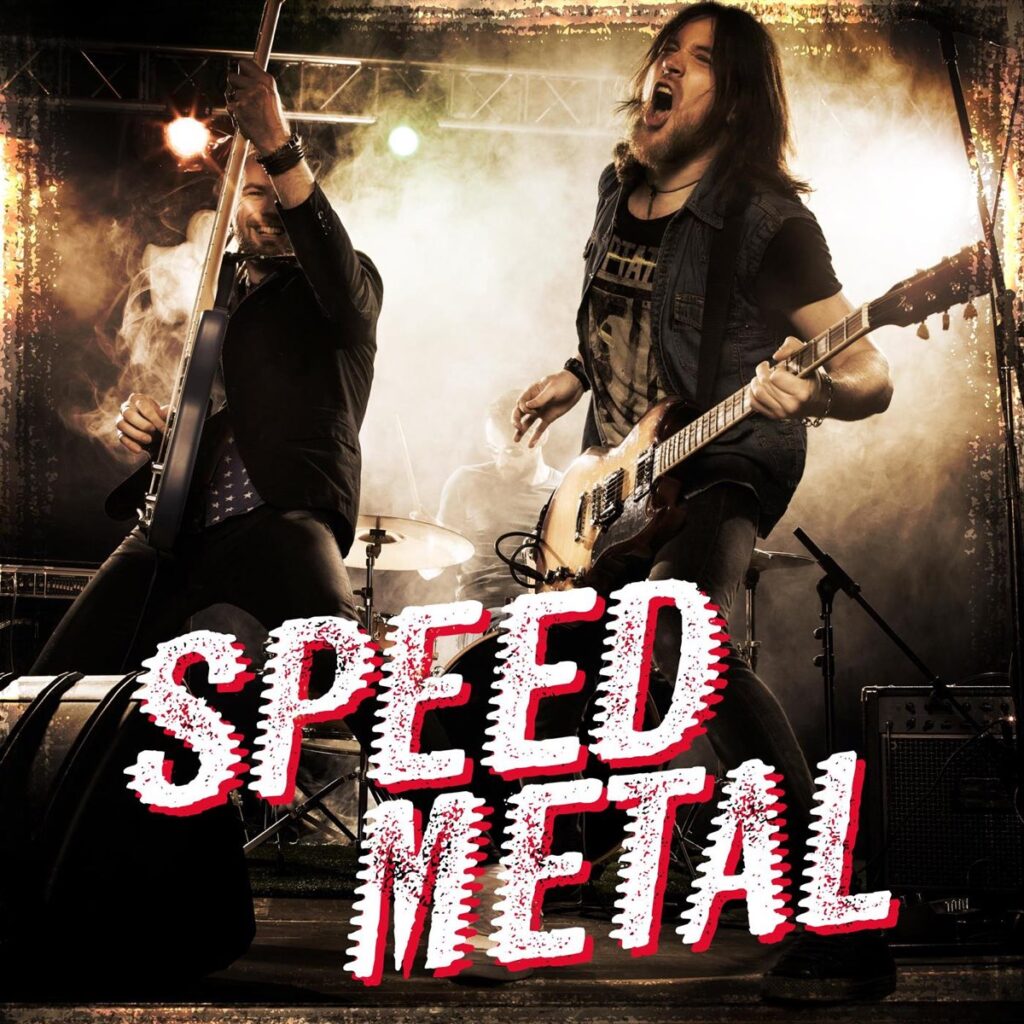
Personally, it’s my favorite parts of Motorhead. Sure, I love “Ace of Spades” but “Ironfist”, “We Are the Road Crew”, “Bomber”, and “The Hammer” are more my speed. Modern day speed metal acts embody those songs—at least early on—and bands like Venom heavily.
What makes it a hard subgenre to define is timing. It became its own thing right as thrash metal and power metal were being crafted. If you check out the first two albums from German bands Blind Guardian and Running Wild, those are speed metal albums. They sound very similar to other speedy albums out in the German and Belgian metal scenes.
You would also see thrash metal bands such as Sodom and Kreator start to make noise in Germany. This was faster that speed metal and more aggressive. The themes were often darker, more violent, and blatantly political.
By 1989-1990, a lot of speed metal bands out of country had either become power metal-heavy or thrash metal. Speed metal was definitely still around and like many other subgenres, it never really disappears. However, the focus was on being faster, louder, more epic.
Speed Metal Revival
While explaining the genre, I focused more on the 1980s German metal scene. Globally, there were followings of the genre that varied. In Japan and South America, speed metal had strong followings. The same can be said about Canada which has produced some classic speed metal bands such as Razor and Anvil.
In the U.S, there were always speed metal right around the time when the scene was seeing its earliest heavy metal bands. However, the American metal scene was taking to international acts in the same way as other countries take in American music. Then you end up with this moment in music where different scenes are creating similar music independent of their contemporaries’ influence.
That means bands formed around the same time didn’t really influence each other unless they were from the same scenes. However, these bands were creating their own sounds based on similar influences. Those individual sounds of each band would become part of a new genre.
It’s as if different bands in Canada, the U.S, the UK, Japan, and Europe—younger bands—figured “Let’s pick up the pace. Let’s try playing faster.” Then they mixed in their own stuff. Some bands might aim for aggression others might aim for technical proficiency.
Fast forward from the 1980s into the 2000s and 2010s and we see fresh new bands cropping up. Just like the bands before them that had their greatest success throughout the late 1970s and early 1990s, these younger bands are influenced by metal of old. They’re putting their own spin and razzle dazzle on it and creating these acts that remind metalheads of all ages of these classic and cult acts.
Bands like Ghost, Skelator, Lucifer, and Toxic Holocaust remind us of King Diamond, Helstar, Coven, and Sodom or similar older bands in some way. Fans can see the influences of those older bands on these modern groups.
What I Love Most About This Genre
Honestly, I love the revival wave of metal. It gives fans who come in a certain point in metal history to take a look at all of these foundation bands because of the influence they have on who they’re enjoying. Some might say “They don’t need a reason, they should just do it” or “You should know the history of what you love”. I definitely agree with the second point but often times, the classic stuff just isn’t relevant unless it’s regularly covered or putting material out.
At least, they’re not relevant to the point that you need to make a sonic pilgrimage and listen to these older albums. Speed metal is no different from any genre in that respect. I will say that I enjoy some acts more when I can really hear some of a classic or cult band’s influence in the band’s sound.
With the dirtier end of modern speed metal, those influences are waved like war banners from the music to the album artwork of wolves in leather jackets riding motorcycles, nuclear mushroom clouds, demons, rabid dogs, guitarists playing guitar on top of a muscle car—it’s all over the top or dark and menacing. Also, these bands have a tendency to stick with the genre.
They become the living, breathing “What if” that fans ask on occasion. “What if Halford stayed and Judas Priest continued with the Painkiller route?” or “What if King Diamond was power metal?” Something along those lines. You’ll find something close enough among modern metal acts.
It’s that part of speed metal I love the most.
Staff Writer; M. Swift
This talented writer is also a podcast host, and comic book fan who loves all things old school. One may also find him on Twitter at; metalswift.


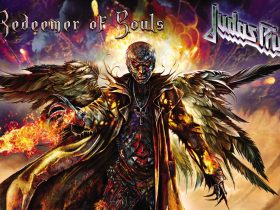
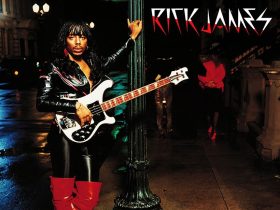
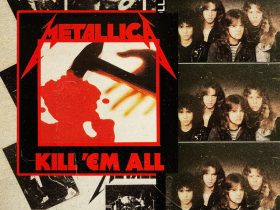
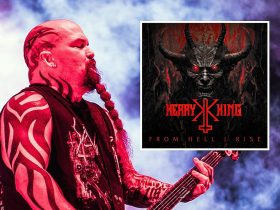








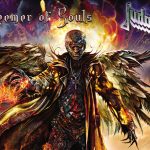
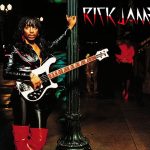

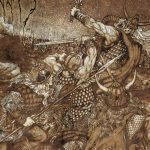
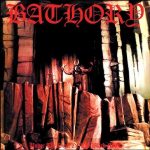
Leave a Reply